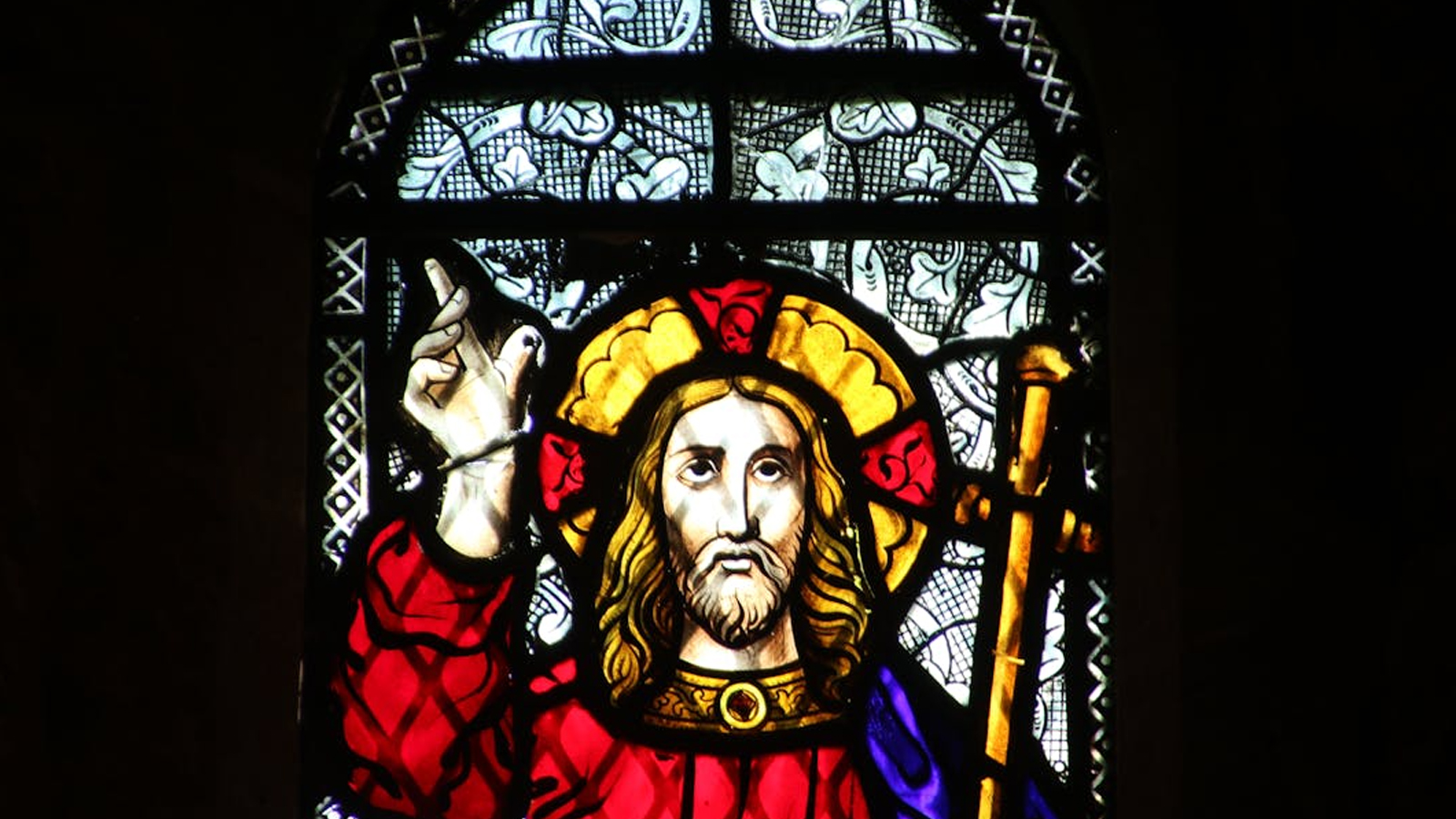Social media has become a mirror reflecting our fascination—some might say fixation—with identity. Every online profile starts with a “handle,” the chosen name by which we wish to be recognized in the digital world. Some of us stick with our real names, while others invent new monikers, each username a subtle declaration of our values, interests, and aspirations. Just beneath that handle, we labor over our “bio,” a carefully curated summary of who we believe ourselves to be and how we hope to be perceived.
Of course, the need to introduce ourselves is nothing new. Long before the age of tweets and timelines, our names and short descriptions were the first things we offered when meeting strangers at a dinner or gathering. But before the internet, opportunities to publicly define ourselves were rare. Now, with every post, photo, and update, we reinforce the identity we’ve crafted. Social media thrives on these repeated, public declarations of self. We build our profiles with intention, then feed them with content that amplifies the persona we want the world to see.
Given this, it’s hardly surprising that the “Information Age” has quietly morphed into what might better be called the “Identity Age.” So much of the information we seek or share is, at its core, about identity—ours or someone else’s.
When I talk about “identity,” especially from my perspective as a detective, I’m aware of two distinct meanings. In one sense, identity can be established by hard evidence. If suspects leave a crime scene before officer arrive, we might later confirm their presence through DNA or blood evidence. This tells us something about who they are—species, biological sex, race—but it doesn’t reveal their values, beliefs, or affiliations. The science can confirm their existence, but not the story they tell about themselves or the way they wish to be known.
It’s this deeper, second sense of identity—the “sense of self, providing sameness and continuity in personality over time”—that can trouble us most. For some, the struggle with identity can become so profound that it leads to despair. I’ve wrestled with these questions myself, re-examining my own place and purpose in the world.
This isn’t just philosophical musing. Research underscores the crucial role identity plays in mental health. A decade’s worth of studies on adolescent identity formation found that “certainty about oneself and the direction one is going in is closely related to better functioning in multiple domains.” The evidence is clear: a strong, stable sense of identity is linked to better mental health in young people.
Identity matters. It’s a cornerstone of psychological well-being. When our sense of self is stable and continuous, we’re less likely to experience depression, anxiety, or trauma. If you mapped your life and marked the times you struggled most with mental health, you’d likely find those moments coincided with periods of identity crisis—adolescence, career upheaval, empty-nesting, divorce. Whenever we’re emotionally adrift, it’s often because we’re wrestling with who we are. That’s why it’s so vital to anchor our identity in something unchanging and solid. Identity matters. It’s a cornerstone of psychological well-being. When our sense of self is stable and continuous, we’re less likely to experience depression, anxiety, or trauma. Share on X
Long before sociologists began dissecting the concept of identity, the Bible recognized our innate longing to be known. In Scripture, names were more than labels; they were declarations of relationship to God, the ultimate standard for identity. Names reflected value, character, authority, and purpose—each one a signpost pointing to a God-given role. Consider Simon, whom Jesus renamed Peter—from the Greek “petra,” meaning “rock.” With this new name, Jesus not only changed Simon’s identity but also assigned him a foundational purpose in the growth of the Church.
The men and women of the Bible formed their identities from the “topside-down,” rooting their sense of self in their relationship with their Creator. As Joshua Hollmann notes, “While for Socrates the unexamined life is not worth living, for Christians, the unrelated life is not worth living.” Our connection to God defines us, giving purpose and direction as we relate to others.
A “topside-down” approach to identity recognizes that our lives are intentional, not accidental. According to Scripture, we are not random products of evolution but unique creations, made in God’s image for a special purpose. Our true identity is discovered in what God has revealed about us, not invented through cultural trends or personal introspection. Identity, in this view, is not something we achieve by effort or self-reflection; it is something we receive from our Creator.
This is why a “topside-down” identity remains steady even as our desires or circumstances shift. When our hearts waver and our situations change, the identity rooted in God’s unchanging character holds firm. In a world obsessed with self-definition, the biblical model offers a foundation that is stable, enduring, and ultimately freeing.
To learn much more about the importance of identity and how this core need contributes to human flourishing and establishes the reliability of the Biblical record, please read The Truth in True Crime: What Investigating Death Teaches Us About the Meaning of Life.























